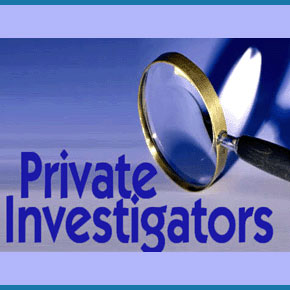
Every country and state has individual private investigator license requirements. While some states do not require any license to become a working private investigator, other states regulate the industry for the betterment of all. It is crucial to understand and abide by local license regulations, before attempting to work as any type of investigator or detective.
This simple guide provides an overview of the licensing process for investigators and gives detectives helpful advice on adhering to the licensure regulations placed on their industry.
US Private Investigator License Requirements
In the US, most states require some sort of license for professional investigators. In some areas, these licenses are easy to acquire, simply by providing proof of a surety bond. In other areas, applicants must also submit to a criminal record search and must not have a history of illegal activities.
More and more states are also requiring applicants to undergo formalized training, or internships with licensed investigators, before they are eligible for licensure themselves. Personally, we would like to see more regulation on the industry, to keep out those who would provide the profession a bad name and reputation.
International Private Eye License Requirements
Working as a private detective in the international arena can be more challenging, since not all countries have clear-cut guidelines for working in this vocation. In some areas, private investigation is illegal altogether and may be highly regulated in other regions. Many countries do not place any licensure requirements on investigators and allow the profession to be self regulating.
Just make sure that you understand the exact letter of the law when working overseas, to prevent yourself from ruining the credibility of your client’s case or possibly even facing criminal charges in a foreign court.
Private Investigator License Requirements Checklist
Typically, the local Department of State is in charge of all professional licenses. To learn more about what it takes to get your investigator’s license, we advise that you contact that office and ask for the licensing division.
Licensure requirements are also subject to change, so be sure to keep up on the latest eligibility guidelines, even if you are currently working as an investigative professional.
A private investigator license is yet another resource to increase your credibility and presence within the profession. The better you can represent that license and work for the public good, the more we all, as an industry, will benefit.


